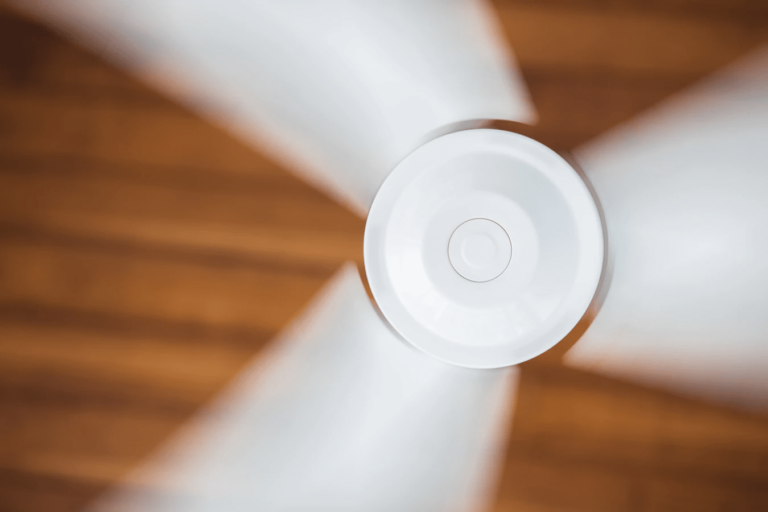Signs Your HVAC System Is Energy Efficient
An energy-efficient HVAC (Heating, Ventilation, and Air Conditioning) system provides optimal comfort and helps reduce your carbon footprint and lower energy bills. However, as environmental concerns grow, ensuring that your HVAC system operates efficiently is crucial. In this blog, we will explore the signs that indicate your HVAC system is energy efficient and how it benefits both you and the planet.
Energy Star Certification:
An Energy Star certification is one of the most reliable indicators of an energy-efficient HVAC system. The Environmental Protection Agency (EPA) awards this label to products that meet strict energy efficiency guidelines. If your HVAC system has an Energy Star label, it signifies that it consumes less energy while delivering the same level of performance as standard models.
Programmable Thermostat:
A programmable thermostat often accompanies an energy-efficient HVAC system. These thermostats allow you to set specific temperature schedules throughout the day, enabling you to adjust the heating or cooling based on your occupancy and preferences. This feature helps optimize energy usage by reducing unnecessary heating or cooling when you are away from home or asleep.
High Seasonal Energy Efficiency Ratio (SEER) Rating:
The SEER rating measures the cooling efficiency of an air conditioning system. The higher the SEER rating, the more energy-efficient the unit is. If your HVAC system has a high SEER rating, it indicates that it can deliver the same level of cooling while consuming less energy. Look for systems with a 14- or higher SEER rating for optimal energy efficiency.
Annual Fuel Utilization Efficiency (AFUE) Rating:
The AFUE rating indicates how efficiently the system converts fuel (gas, oil, or propane) into heat for heating systems such as furnaces. A higher AFUE rating translates to greater energy efficiency. Look for HVAC systems with 90% or higher AFUE ratings to ensure efficient heating performance and reduced energy waste.
Proper Sizing and Installation:
A well-sized HVAC system is essential for energy efficiency. If your HVAC system is too small, it will struggle to meet your space’s heating or cooling demands, leading to constant strain and increased energy consumption. On the other hand, an oversized system will cycle on and off frequently, resulting in inefficient operation. Consult a professional technician to ensure that your HVAC system is properly sized and installed.
Regular Maintenance:
An energy-efficient HVAC system requires regular maintenance to operate optimally. Routine maintenance (e.g., cleaning or replacing filters, lubricating moving parts, inspecting ductwork) ensures the system operates smoothly and efficiently. Keeping your HVAC system well-maintained can prevent energy waste and extend its lifespan.
Airflow Optimization:
Efficient airflow is crucial for an energy-efficient HVAC system. Properly sealed ductwork, clean air filters, and balanced airflow throughout your home help the system distribute conditioned air effectively. If you notice uneven temperatures or weak airflow in certain areas, it might indicate issues that need to be addressed, such as duct leaks or blockages.
Investing in an energy-efficient HVAC system offers numerous benefits. By looking for signs such as Energy Star certification, programmable thermostats, high SEER and AFUE ratings, proper sizing and installation, regular maintenance, and optimized airflow, you can ensure that your HVAC system operates efficiently, providing comfort while conserving energy. Make informed decisions when choosing and maintaining your HVAC system to contribute to a greener and more sustainable future.
Choose Air Rescue for reliable HVAC repair and installation in the Tampa Bay area. With 75 licensed technicians, we offer prompt service, competitive pricing, and 100% satisfaction. Enjoy free second opinions on system replacement, life expectancy checkups, precise temperature control, guaranteed cleanliness, and 24/7 emergency support.
Experience the difference with Air Rescue – contact us today!








